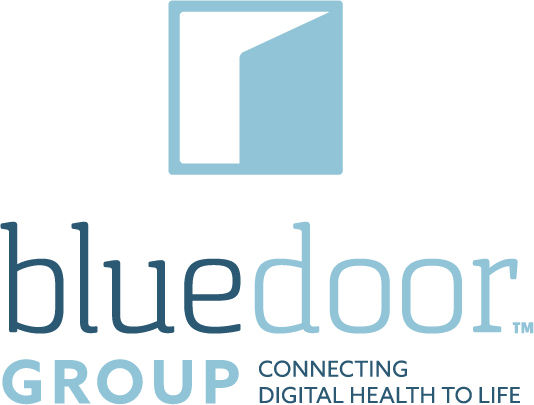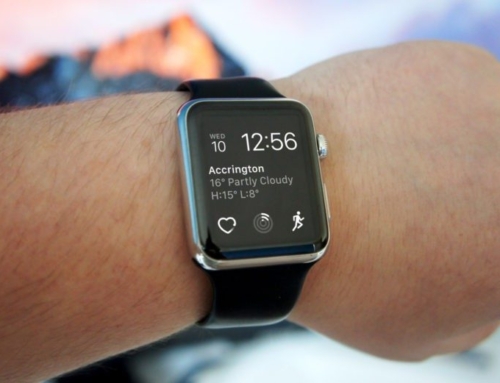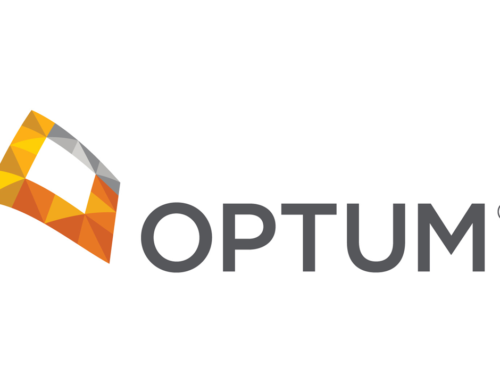Pictured: Jonathan O’Donnell, MD (Smashing Boxes), Erica Levine, MPH (Duke Digital Health), Michael Levy, MBA (UNC Healthcare/Bluedoor Health)
JONATHAN O’DONNELL | 04.07.17 | CULTURE
In anticipation of the MHEALTH@DUKE CONFERENCE, I joined Michael Levy, MBA (CEO of BLUEDOOR HEALTH and Entrepreneur-in-Residence at the UNC HEALTHCARE CENTER FOR INNOVATION) and Erica Levine (Programs Director at the DUKE GLOBAL DIGITAL HEALTH SCIENCE CENTER) to discuss a variety of digital health topics, both local and universal. I am very thankful to RADIO IN VIVO host Ernie Hood and COURAGE COCKTAIL host Lee Anne McClymont for bringing us together for a stirring conversation. You can listen to it in full HERE.
Besides increased excitement for the conference(!), I walked away from the radio hour with heightened awareness concerning two things: a strengthening digital health network in the Triangle and the magnitude of what’s at stake for digital health to address.
On the former topic – a strengthening Triangle digital health network – it was clearly evident based on who was in the recording studio: a representative from Duke Health, a representative who spanned UNC Healthcare as well as a Triangle health startup, and a representative from the local software industry. What progress to have two rival academic health systems both appreciate the need to work together to strengthen their shared community, and to do so by reaching outside of academia to interact with industry folk. This is a reflection of the tightening of the digital health landscape in the Triangle.
As for the magnitude of what’s at stake, a question arose during the radio hour regarding what risks there are if digital health does not mature and succeed. Man, there is a lot at stake!
- The patient – with the burden of chronic diseases affecting more than half of all adults as of 2012 (CDC), and with poor behavioral habits as the primary driver of chronic disease incidence, the existing health system is poorly equipped to reach beyond its facilities’ four walls and impact patient behavior in daily life. Digital health promises to bridge this gap.
- The health system – it is no secret that healthcare providers are burned out. For example, 51% of physicians on average are burned out (MEDSCAPE 2017 LIFESTYLE REPORT). That’s unsustainable for the system! Digital health promises to support providers by relieving them of inappropriate clerical duties, augmenting their diagnostic and treatment capabilities, reaching patients more continuously, among many benefits, allowing providers to practice “at the top of their licenses” and to feel more satisfied about work.
- The nation – healthcare spending as percent of national GDP continues to rise (NEARING 20%), and this crowds out spending for important sectors of the economy, including social services (the very services that are actually most influential in disease). Digital health promises to improve the effectiveness and efficiency of healthcare in order to reduce costs.
To learn more about digital health with the Triangle community, please be sure to SIGN UP AND ATTEND the 5th annual mHealth@Duke conference: the Lifecycle of Digital Health Science, on Wednesday April 12.









